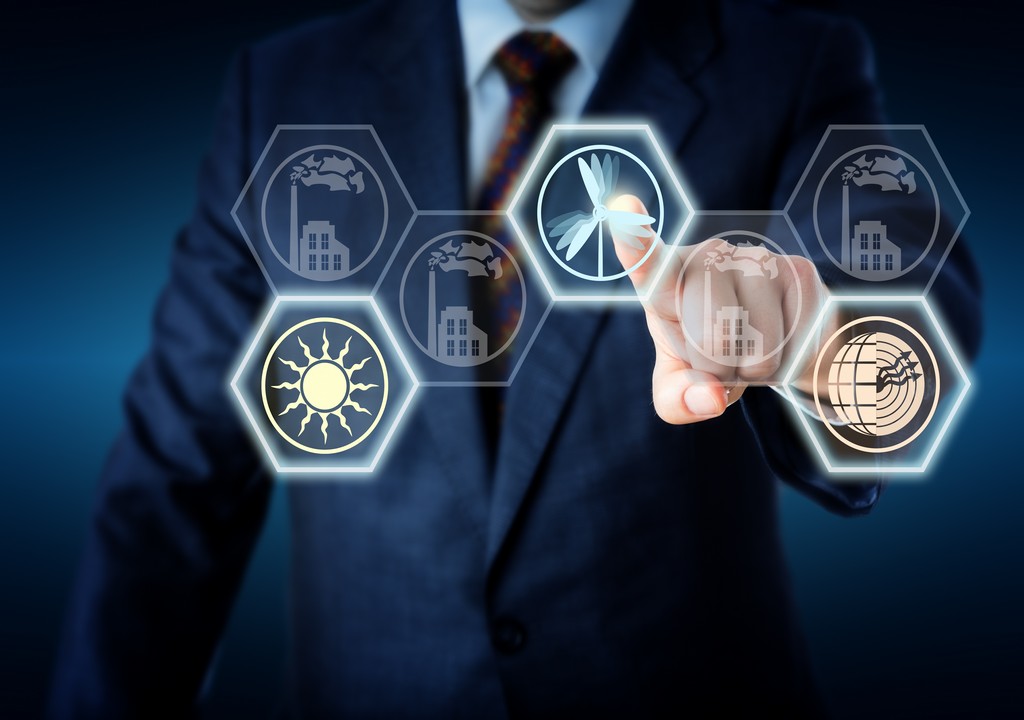Cusi outlines Philippine energy thrust in Abu Dhabi meeting
- January 20, 2017
- 0

Cusi led a delegation in taking an active role in the 15th Ministerial Meeting of the Asian Cooperation Dialogue (ACD) in Abu Dhabi, the DOE said in a statement.
“ACD is evolving to a higher level and serious intent of cooperation. The Philippines is one with the ACD in pursuing its vision of sustainable energy and secured energy access for Asia,” Cusi said in his speech.
“We continue to work with other countries to ensure a strong enabling environment which will encourage greater investment, especially in renewable forms of energy, as well as other conventional forms of energy,” he said, adding that the energy plan is critical in ensuring reliable power supply for consumers nationwide.
The country treating energy projects as “projects of national significance” is one step.
“The policy assures the timely implementation of energy and power projects, which will subsequently address the energy supply deficiency and ease the rising cost of power in the country,” Cusi said.
Cusi also gave importance on an appropriate portfolio of dependable power capacity mix if 70 percent baseload, 20 percent mid – merit and 10 percent peaking plant categories, while taking the 25 percent reserve requirements per grid into consideration.
The energy department will also push for a natural gas infrastructure network to make use of its reliability, viability and environmentally – friendly benefits such as lower greenhouse emissions.
“We will be technology neutral as we need all forms of energy resource to fuel our economic growth,” Cusi said.
The ACD dialogue was hosted by the United Arab Emirates last January 17, and came up with the “Abu Dhabi Declaration” that outlines an eight – point agreement adopted by the participating countries.
Among these include energy-water-food security nexus; the facilitation and promotion of energy investment, increasing energy access and connectivity across Asia; developing and integrating timely and coherent risk management systems for energy, water, and food security; and facilitation of knowledge sharing, technology transfer and capacity building.